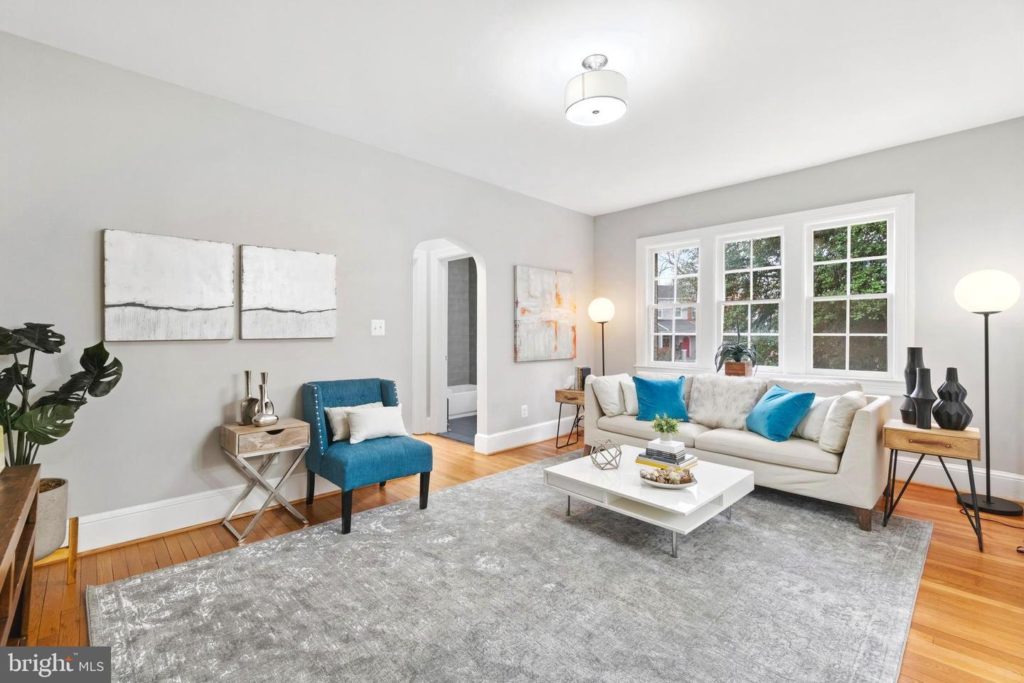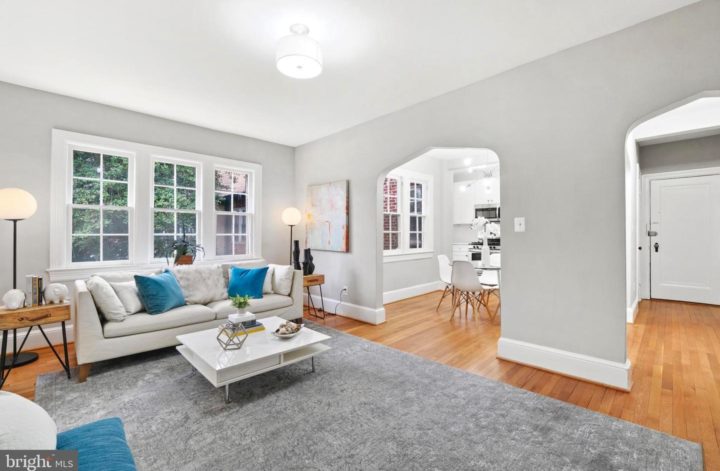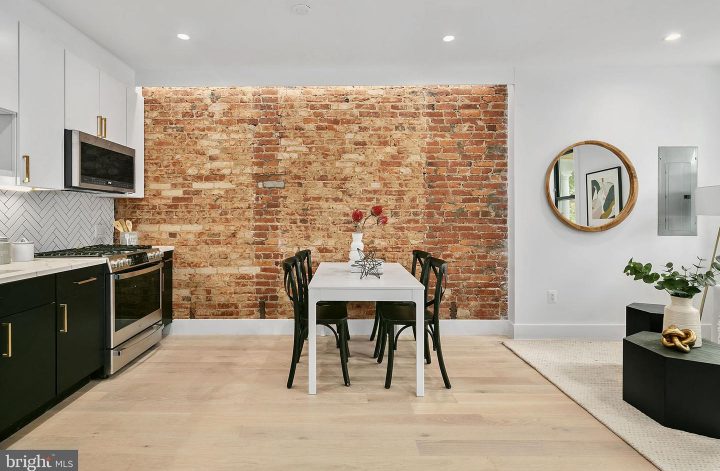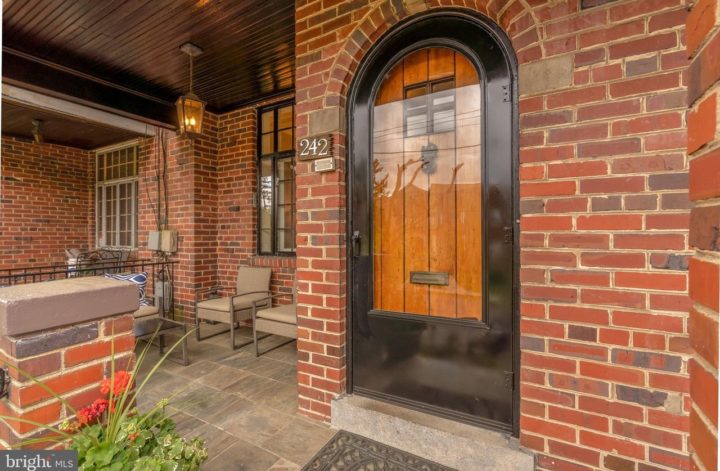If you are looking to buy in DC, you have probably come across both condos and coops and may be wondering what the difference is. Coops probably caught your eye because of the lower sales price. After taking a closer look, you may have noticed the monthly fees are much higher than a condo. Below I break down the difference between the two kinds of properties.

Why are coops less than condos?
Coops are usually priced lower than condos because it’s a different form of ownership. In a coop, you don’t own your unit. Rather you own “shares” in the larger corporation. Everyone in the building owns a piece of the building. This creates a community feel and residents tend to say much longer than in a condo building. Condo prices tend to be higher because you are buying physical property rather than shares.
Why are coop fees so much higher than condo fees?
Coop fees are higher than condo fees because they usually include part of the mortgage of the building. The fees also usually include most utilities and property taxes for the building. Again, you are purchasing shares of the building so your fees reflect the cost of the building as a whole. Condo fees are usually lower and include things like some utilities and maintenance. Condo fees can start to rival coop fees if you are looking in amenity rich buildings.
Is the purchase process for a coop different than a condo?
Yes. Coops are tight knit communities with a lot of rules. Coop boards are made up of current residents and this board vets anyone that tries to buy in the building. If you are interested in a coop, be prepared for a board interview. The board will vote whether or not to green light the sale. Financing is also tricky. Coops usually require larger down payments and only some lenders are equipped to lend for coop purchases.
If I buy a coop, can I rent it out down the road?
It depends. Every coop is different with its own set of rules. Some coops allow owners to rent out their units but usually the board will need to approve the lease and the individual leasing your unit. Again, coops are tight knit communities and they work hard to preserve that feeling.
If you have other questions about condos vs coops, email me at exposedbrickdc@gmail.com.




